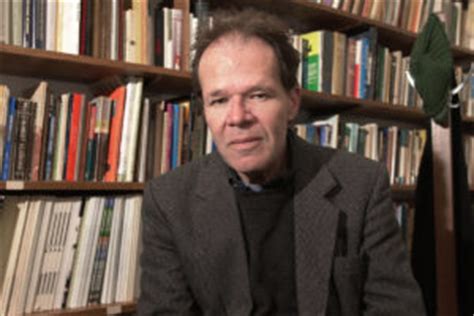A Quote by William Shakespeare
In nature's infinite book of secrecy
A little I can read.
Related Quotes
I used to comfort myself with the idea of a book with serrated, detachable pages, so that you could read the thing the way it came and then shuffle the pages, like a giant deck of cards, and read the book in an entirely different order. It would be a different book, wouldn't it? It would be one of infinite books.
The whole question of pornography seems to me a question of secrecy. Without secrecy there would be no pornography. But secrecy and modesty are two utterly different things. Secrecy has always an element of fear in it, amounting very often to hate. Modesty is gentle and reserved. Today, modesty is thrown to the winds, even in the presence of the grey guardians. But secrecy is hugged, being a vice in itself. And the attitude of the grey ones is: Dear young ladies, you may abandon all modesty, so long as you hug your dirty little secret.
I read everything. I'll read a John Grisham novel, I'll sit and read a whole book of poems by Maya Angelou, or I'll just read some Mary Oliver - this is a book that was given to me for Christmas. No particular genre. And I read in French, and I read in German, and I read in English. I love to see how other people use language.
The book on my nightstand right now isnt anything that inspired me, but it entertained me. I read a book on Labor Day, it was a holiday, and I have three daughters, and we all went to the shopping mall and I sat on the bench and read a book while they shopped, it was called The Greatest Golfer there Ever Was, it was a great book, easy to read and entertaining.
Nothing is more human than for man to desire naturally things impossible to his nature. It is, indeed, the property of a nature which is not closed up in matter like the nature of physical things, but which is intellectual or infinitized by the spirit. It is the property of a metaphysical nature. Such desires reach for the infinite, because the intellect thirsts for being and being is infinite.
Heidegger wrote a book called Was Ist Das Ding - What Is a Thing? which was kind of interesting and influential to me, as a matter of fact. It's a small paperback, which I read. It's about the nature of thingness; what is it? It's a very penetrating analysis of that, and I think a rather influential book. I know other artists who have read it and come up with it.
Corliss wondered what happens to a book that sits unread on a library shelf for thirty years. Can a book rightfully be called a book if it never gets read? If a tree falls in a forest and gets pulped to make paper for a book that never gets read, but there's nobody there to read it, does it make a sound?





































